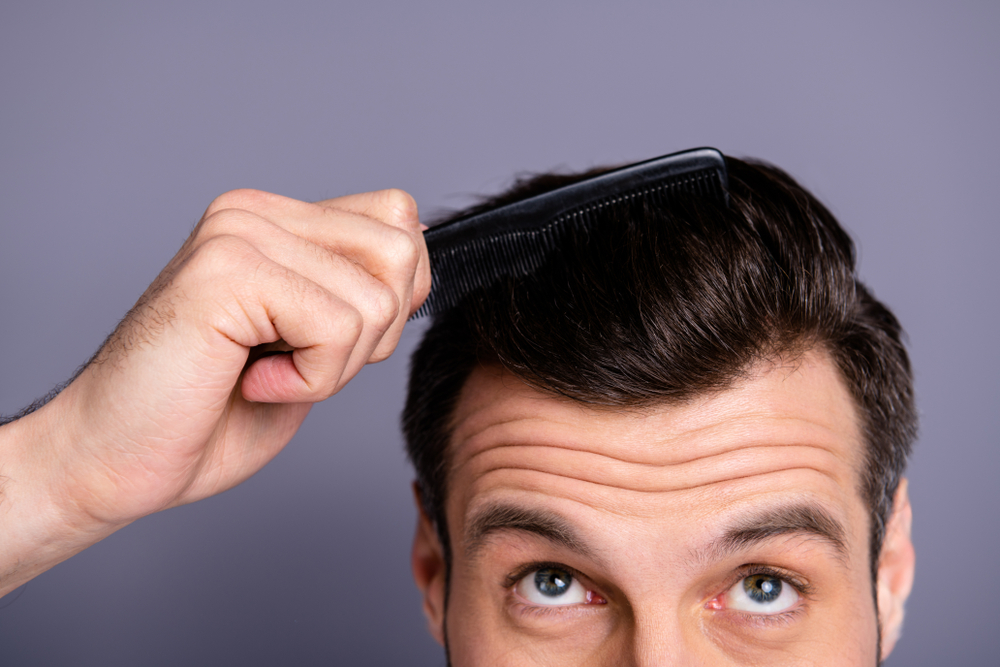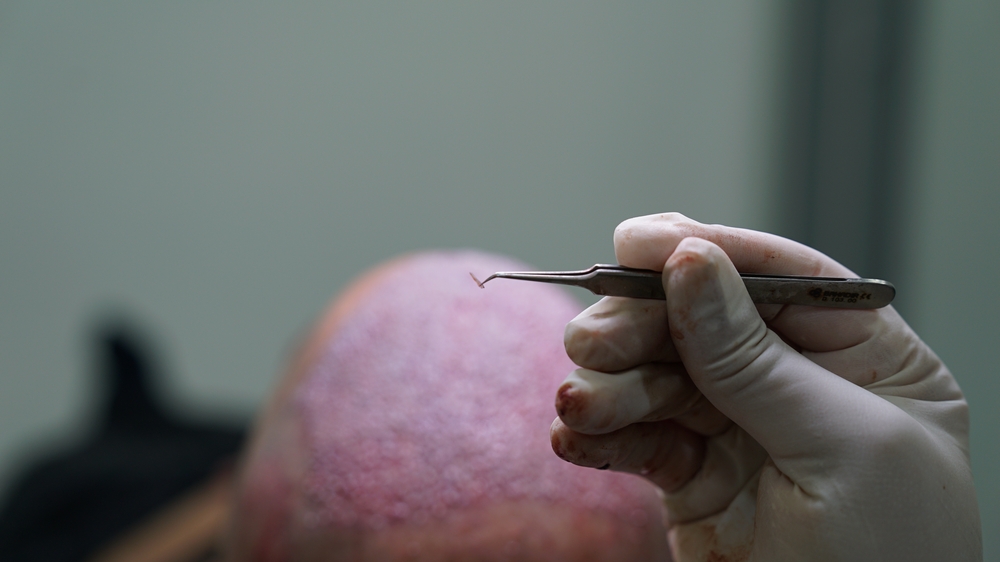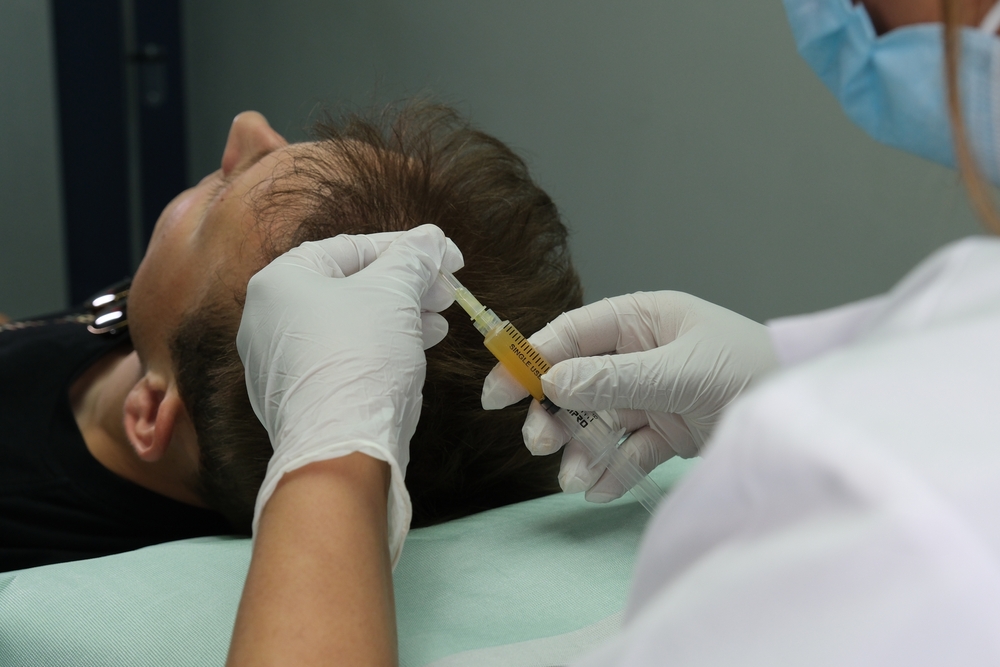The number of hair transplants you need depends on various factors such as…
- Degree of hair loss – The extent of your hair loss plays a significant role in determining the number of hair transplants required. Individuals with advanced hair loss may need multiple procedures to achieve satisfactory results.
- Donor hair availability – The amount of donor hair available for transplantation is crucial. If you have limited donor hair, you may need multiple sessions spaced out over time to maximize results.
- Desired hair density: – Your desired hair density also influences the number of transplants needed. If you want high-density results, you may need more sessions compared to someone aiming for a more natural or conservative look.
- Hair transplant technique – The specific hair transplant technique used can impact the number of procedures required. For example, follicular unit extraction (FUE) typically involves harvesting individual follicular units, which may require multiple sessions to cover larger areas compared to follicular unit transplantation (FUT), where a strip of hair-bearing skin is removed and transplanted.
- Surgeon’s skill and experience – The skill and experience of your surgeon play a crucial role in achieving optimal results with the fewest number of procedures possible.
Consult with a qualified and experienced hair transplant surgeon who can assess your individual situation and provide personalized recommendations regarding the number of procedures needed to achieve your desired outcome. They can evaluate factors such as your hair loss pattern, donor hair characteristics, and aesthetic goals to create a customized treatment plan tailored to your needs.





